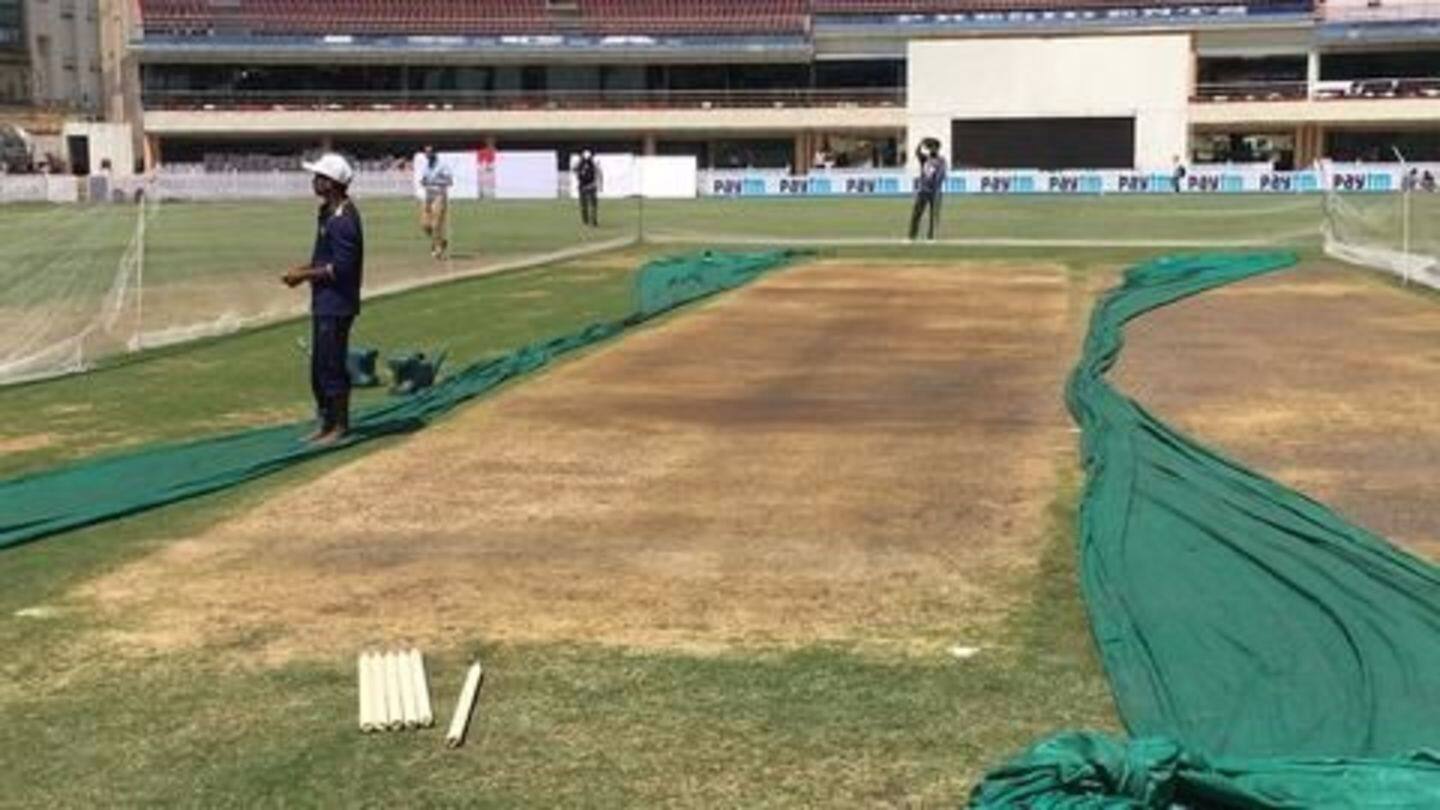
Do you know these cricket rules?
What's the story
Cricket has a complicated and an extremely long set of rules for its different formats.
However, over the years, new variations have come and given birth to some weird rules, making the umpire's job harder than before.
Let us have a look at some of these rules, which might look odd to a fan, but are still present in the rule book of cricket.
Law 27
Appeal or miss the wicket
According to the Law 27 of the cricketing rule book, a batsman can be given out by the umpire only if the opposition team appeals.
If the opposition fails to appeal, the umpire can't rule a batsman 'out'.
However, the batsman has the freedom to leave the ground even if no appeal has been made by the opposite team.
Law 36
Leg Before Wicket
A batsman can be pronounced 'Leg Before Wicket' even if the ball was in contact with any body part of the batsman, and not necessarily the leg.
In this case, the conditions remain the same as traditional LBW including that the body should be in-front of the stumps.
Sachin Tendulkar was pronounced LBW in 1999 when the ball had hit his shoulder.
Information
Dead ball
New technologies, being used during the match, can sometimes act as a bane for the player. If the ball hits the spider-cam floating, then it is declared as a dead ball. The rule applies even if ball hits a bird or anything else in air.
The moral code
Calling back a batsman
If a batsman is wrongly given out, the captain of the opposite team has the right to call back the batsman and ask him to continue his innings, but only after taking consent from the umpire.
The spirit of the game remains intact when such incident happens and captains have been widely applauded for such gestures.
MS Dhoni called back Ian Bell in 2011.
Law 26
No six from leg byes or byes
If the ball crosses the boundary line without bouncing on field after being struck on a body part of the batsman, the umpire will never signal a six, but a four.
Six runs can only be given if there is a contact between the ball and the bat or the hands or gloves holding it.
Information
A match without bails
As per Law 8.5, the captains and the umpires can decide to play the match without bails. This law is usually applied in case of severe windy conditions. In a recent WI vs Afghanistan match, the wind speed forced the umpires to apply this law.
English tradition
An early lunch?
While playing in eastern part of India, test matches start at 8:30 AM, while the lunch time is 11 AM.
However on the last day, since the game starts 15 minutes early, the lunch is at 10:45 AM, a rather odd time.
This tradition comes from English cricket, where they start the first session at 11, after having lunch.
Information
Hit twice, lose the wicket
A batsman is given out if the ball strikes his bat more than once before it is touched by any fielder. He may also lose his wicket if the ball comes in contact with his body after hitting the ball with the bat.